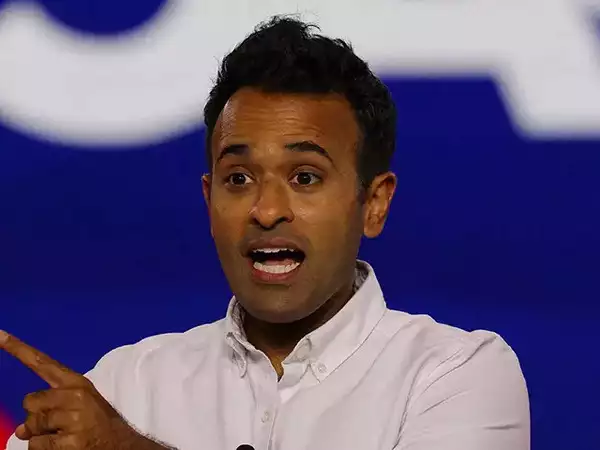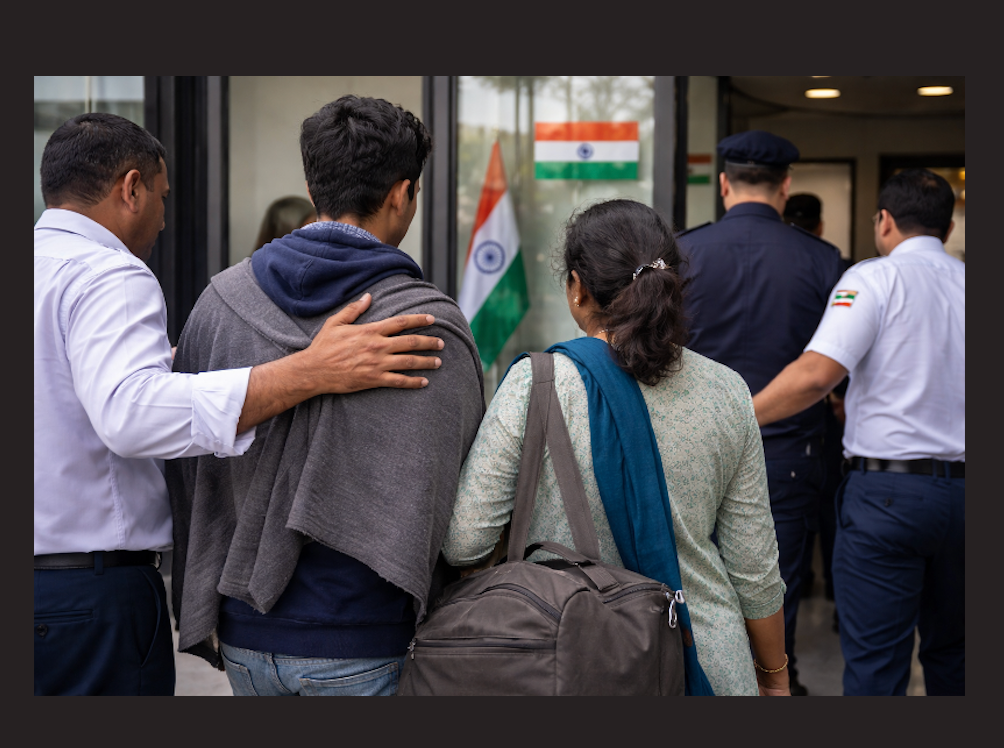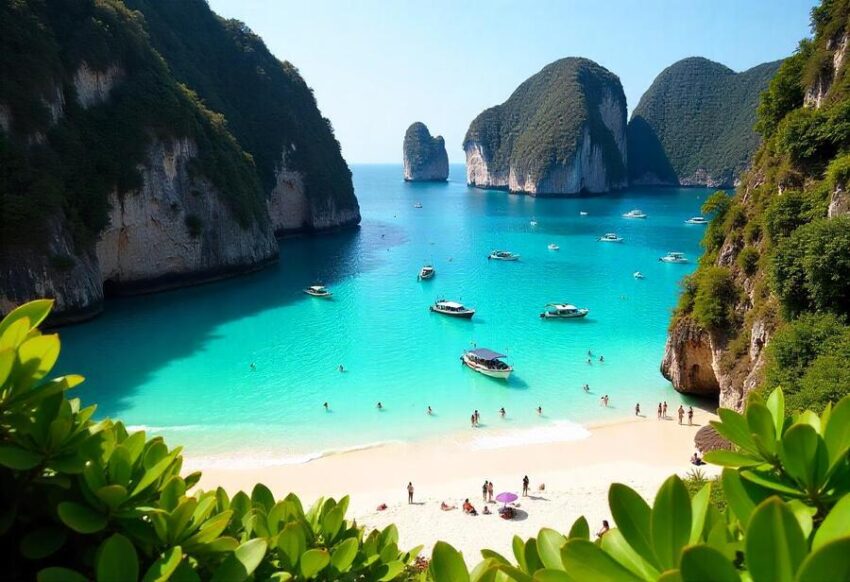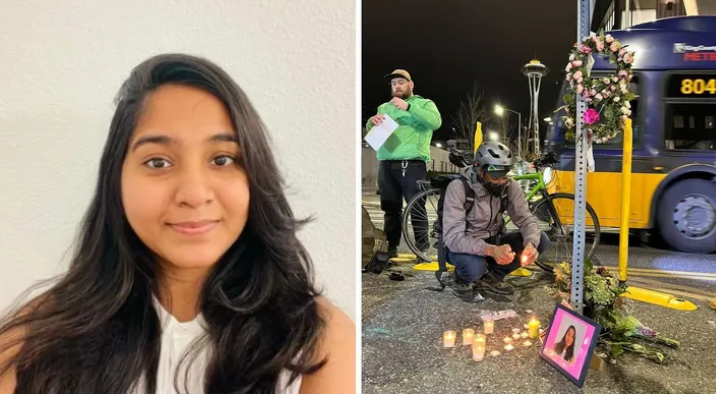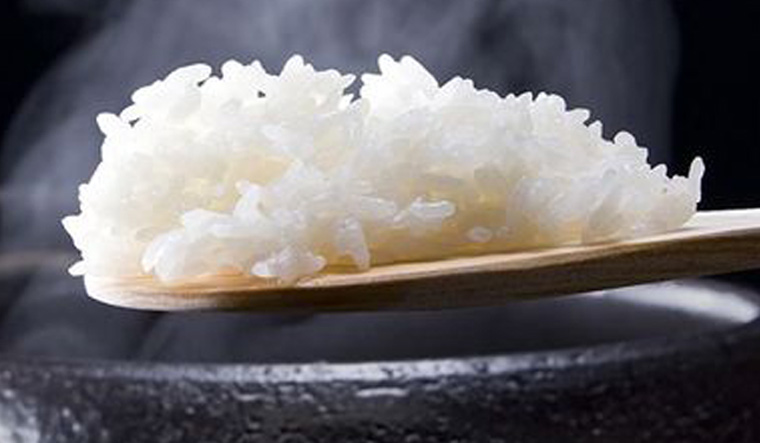He characterized the existing lottery-based system as a form of “indentured servitude” that primarily benefits the sponsoring companies. In his statement, Ramaswamy asserted, “The lottery system needs to be replaced by actual meritocratic admission. I’ll gut it.”
Vivek Ramaswamy, an Indian-American Republican presidential candidate, has put forth a plan to overhaul the H-1B visa program, a move that could have significant implications for Indians seeking employment opportunities in the United States, according to a report by NDTV News.
Ramaswamy’s proposal is to fundamentally alter the H-1B visa program, which he himself has utilized 29 times to hire employees for his former company, Roivant Sciences, between 2018 and 2023. He characterized the existing lottery-based system as a form of “indentured servitude” that primarily benefits the sponsoring companies. In his statement, Ramaswamy asserted, “The lottery system needs to be replaced by actual meritocratic admission. I’ll gut it.”
The H-1B visa program, a non-immigrant initiative, allows US firms to employ foreign workers with specialized skills, particularly in fields requiring theoretical or technical expertise. This program has been heavily relied upon by US-based IT companies to recruit talent from countries such as India and China.
In the 2022 fiscal year, Indians reportedly constituted up to 73% of the 4.42 lakh H-1B workers, highlighting the program’s popularity among Indian professionals. Ramaswamy’s proposed shift towards a “merit-based” allocation system could potentially lead to a reduction in the total number of approved visa applications each year. This change could dash the hopes of many Indians aspiring to pursue employment opportunities in the United States.
In a notable move, the Trump administration suspended the issuance of H-1B visas in June 2020, along with other categories of foreign work visas, until the end of that year. The rationale behind this suspension was to safeguard American workers during a pivotal election year.
Each year, the US government issues a total of 85,000 H-1B work permits. This allocation comprises 65,000 visas for individuals with specialized occupations and an additional 20,000 for foreign workers who have earned master’s or higher degrees from US universities. A significant proportion of these H-1B visas are typically granted to Indian applicants and the companies that sponsor them.
In the 2022 fiscal year, Indians reportedly constituted up to 73% of the 4.42 lakh H-1B workers, highlighting the program’s popularity among Indian professionals. Ramaswamy’s proposed shift towards a “merit-based” allocation system could potentially lead to a reduction in the total number of approved visa applications each year. This change could dash the hopes of many Indians aspiring to pursue employment opportunities in the United States.
**************************************************
Readers
These are extraordinary times. All of us have to rely on high-impact, trustworthy journalism. And this is especially true of the Indian Diaspora. Members of the Indian community overseas cannot be fed with inaccurate news.
Pravasi Samwad is a venture that has no shareholders. It is the result of an impassioned initiative of a handful of Indian journalists spread around the world. We have taken the small step forward with the pledge to provide news with accuracy, free from political and commercial influence. Our aim is to keep you, our readers, informed about developments at ‘home’ and across the world that affect you.
Please help us to keep our journalism independent and free.
In these difficult times, to run a news website requires finances. While every contribution, big or small, will makes a difference, we request our readers to put us in touch with advertisers worldwide. It will be a great help.
For more information: pravasisamwad00@gmail.com

